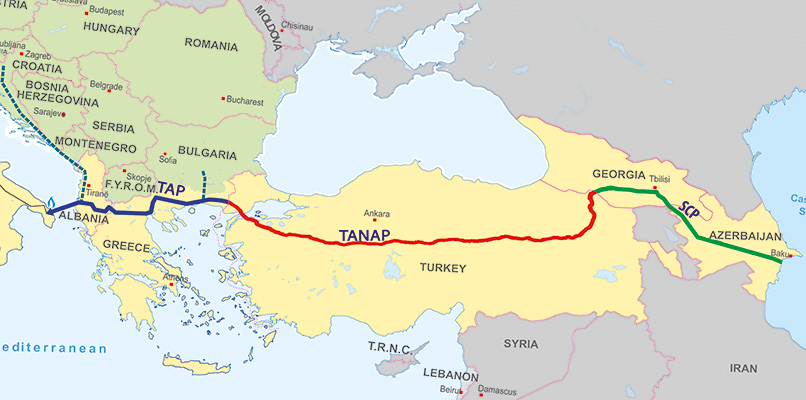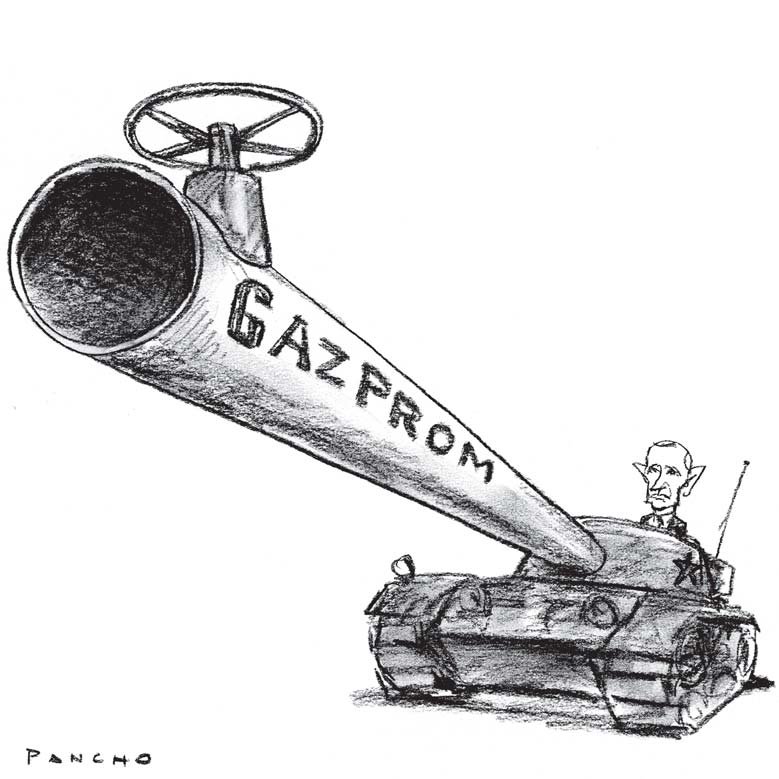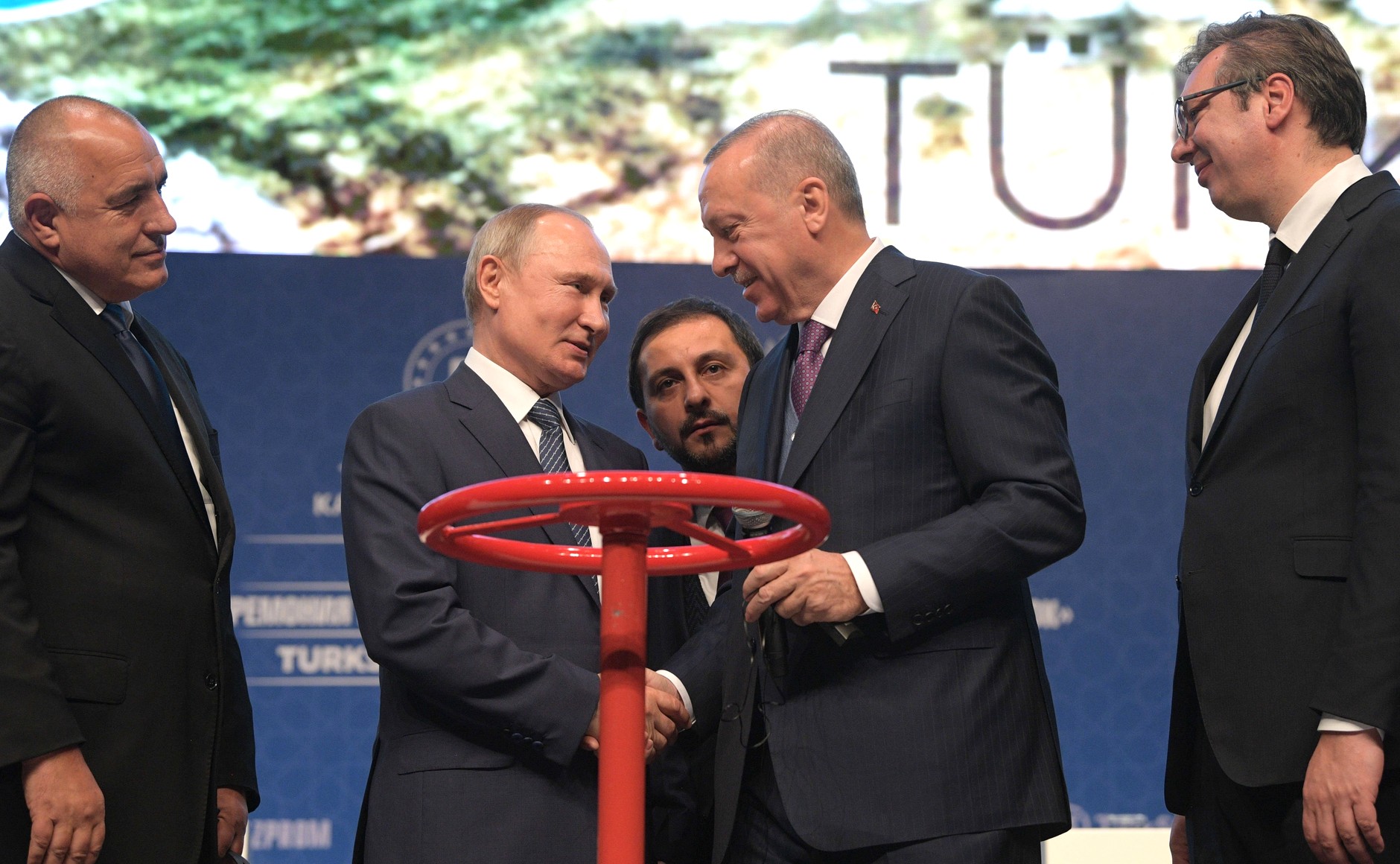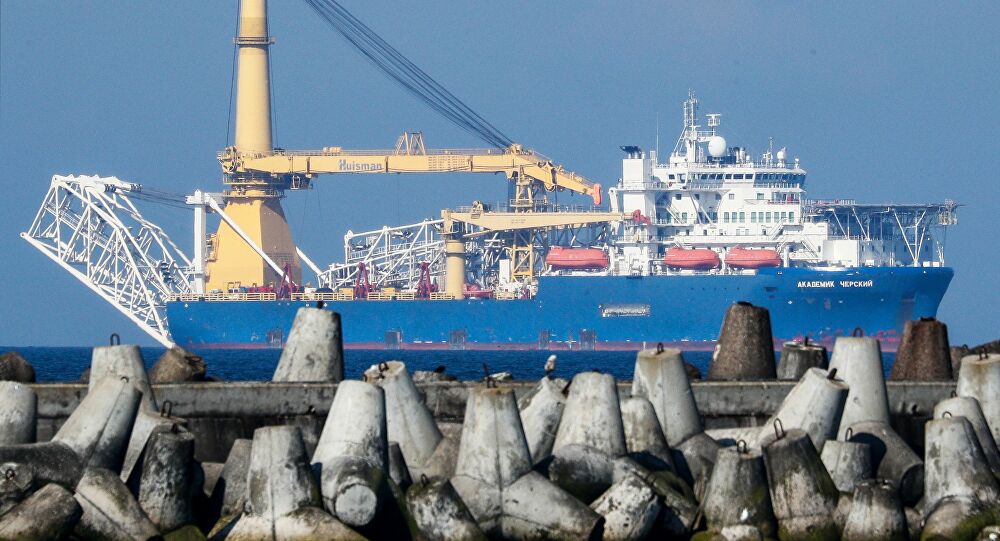“The deal is signed,” “Relations with Russia better than ever,” “Putin is so happy…”
These would be the headlines from Turkish newspapers if unnecessary words were cleaned up and actual meanings underlined. The media celebrated the deal and everyone started talking about the benefits of the “Turkish Stream” project. Some newspapers went further, they showed Crimea as part of Russia in the maps; however, after public outrage led by Crimean News Agency’s social media volunteers,
they corrected this shameful mistake.

Well, how genuinely “Turk” is this so called Turkish Stream? Nobody in Türkiye asks this question being busy celebrating the reconciliation of the relations with Russia. But, why indeed, Russia values this project so highly?
For this, Russia even signs purchasing deals with natural gas and oil supplier nations of Central Asia, making itself the hub and supply depot thanks to its proximity to Europe, and building up a monopoly. This also hinders a potential Central Asian miracle, prevents these countries from breaking Russian chains and ensures Russian hegemony.
However, Russia wants no competition in this market, and the so-called Turkish Stream is the last of its projects to eradicate all competition. The Turkish Stream replaced the South Stream, a canceled project that would directly connect Bulgaria through Black Sea, bypassing Ukraine.
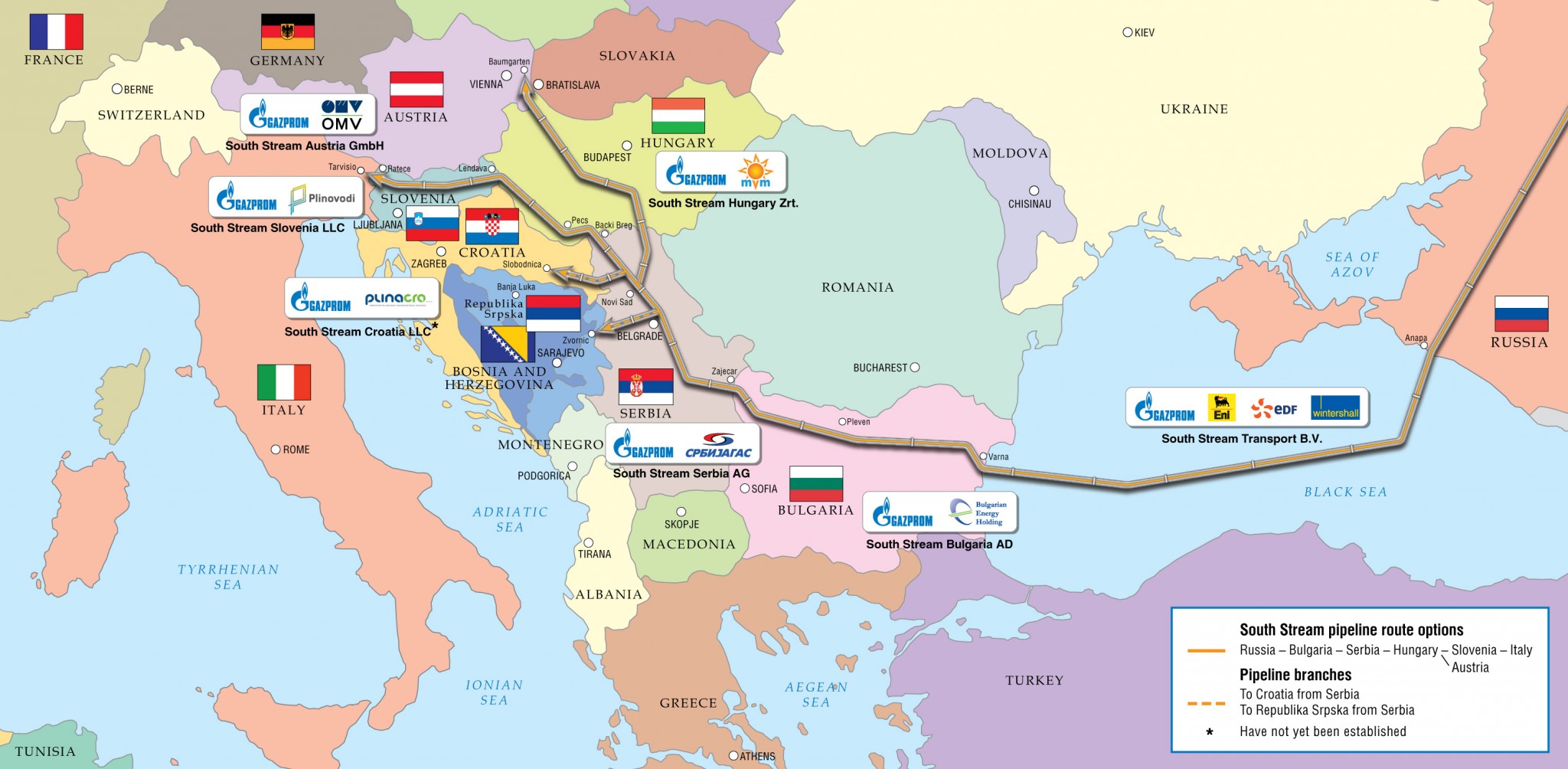
TANAP, Trans-Anatolian Pipeline Project that would transfer Azerbaijani gas to EU through Georgia and Türkiye. Although this project is expected to function by 2018, it's likely that it will “somehow” be sabotaged by Russian interests.
The other project was Nabucco
, although nowadays talks about it have all but ceased. Nabucco was to transfer Central Asian, Azerbaijani and especially Iranian gas to Europe via Türkiye. Were it to be completed, it would restrict Russian maneuverability in this field of conflict and would boost the economies of these countries, enabling them to act freely from Russian hegemony. That would weaken the Gazprom monopoly and allow Europe to have an alternative. And this, in turn, would decrease Russian influence on European politics: it is no secret that Gazprom provides the lion's share of Russia's income. Were the EU to buy less Russian oil, Putin would not be so eager and reckless in Georgia, Ukraine, and Syria.
At the time, debates around the Nabucco project spurred massive controversies in Türkiye, including conspiracy theories, debates, and a massive media attack. Businessmen with ties to Russia endorsed these controversies, going so far as to even produce a mini TV-series called “Doomsday: The Venom of Nabucco.”
Nabucco’s recent alternative, “Turkish Stream,” benefits no player other than Russia and deactivates Ukraine, as well as further increasing the economic dependence of Turkic countries on Russia.
If you are not an energy-producing, resource-rich country, the best strategy for you would be to increase the variety and alternatives of suppliers. This prevents your energy dependency from becoming a sword raised above you, threatening you every time you come to odds with your supplier. But Türkiye is pursuing the opposite: it already buys around 60% of its natural gas from Russia. This means Russia can interfere in Türkiye’s domestic policy whenever it wants. Worse, 50% of Türkiye’s natural gas imports are used for electricity production. This is strange even if there were no Russian threat - there exist much cheaper alternatives to produce electricity than using imported natural gas. It's worth mentioning in this regard that the EU is another major consumer of Russian gas: 75% of Russian oil exports are sold to Europe.
Ignorance is as frightening as the possible betrayal. No matter if the green light for the Turkish Stream project is caused by betrayal or mere ignorance, Türkiye has to see that its independence is under threat, and focus more on projects that would serve as alternatives, such as TANAP, to break the Russian dominance.
Will it happen? We will all see.


